STEM schools are specialised educational institutions that focus on science; technology; engineering, and mathematics. They aim to equip students with the skills necessary for the 21st century and promote innovation and critical thinking. The schools are part of Egypt’s broader educational reforms that aim to enhance the quality of education and prepare a skilled workforce to meet future needs in various industries.
Nestled in Egypt’s heart, Obour STEM School stands as a beacon of innovation and resilience, embodying the spirit of modern education aimed at addressing the country’s most pressing challenges.
Established to cultivate a new generation of thinkers and problem-solvers, this boarding school integrates science; technology; engineering, and mathematics (STEM) into its curriculum.
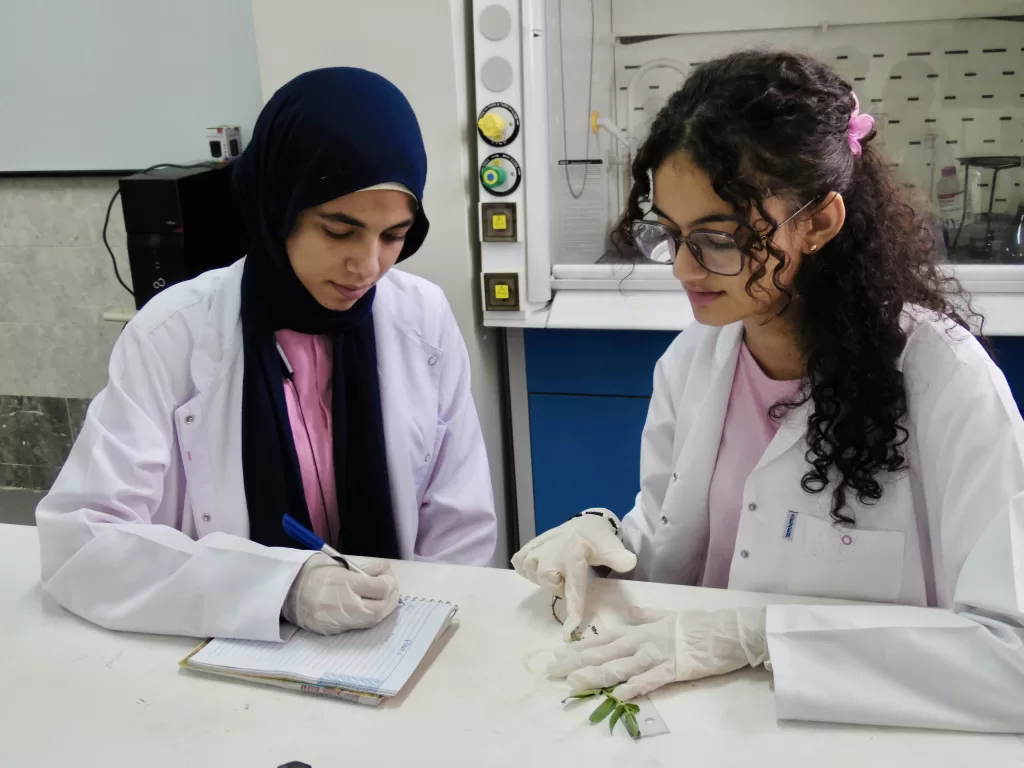
With a strong focus on real-world applications, the school, not only prepares students for academic success, but also empowers them to tackle significant societal issues, particularly in the realms of sustainability and environmental stewardship.
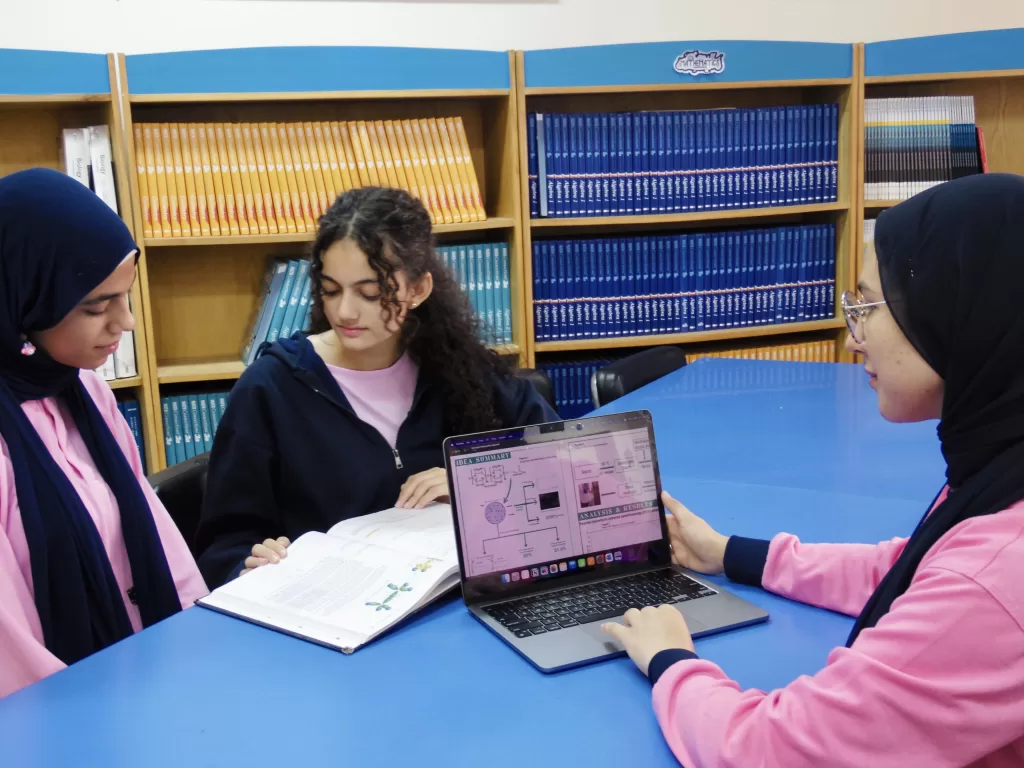
As Egypt grapples with its diminishing water resources, students at Obour STEM School prepare to confront the looming threat of water scarcity through groundbreaking projects like their
hydrogel technology, which aims to revolutionise agricultural practices across the nation.
Inspiration behind Hydrogel Project
At the heart of Obour STEM School’s mission is a profound commitment to community engagement and environmental awareness.

Faced with the stark realities of water scarcity that affects millions of people in Egypt, the students were inspired to focus on this critical issue.
The Nile River, Egypt’s lifeline, has been dwarfed by population growth, climate change, and poor water management practices, leading to a crisis that threatens both agricultural productivity and public health.
This pressing challenge motivated the students to channel their creativity and scientific knowledge into developing a solution: hydrogel technology designed to enhance water retention and soil quality.
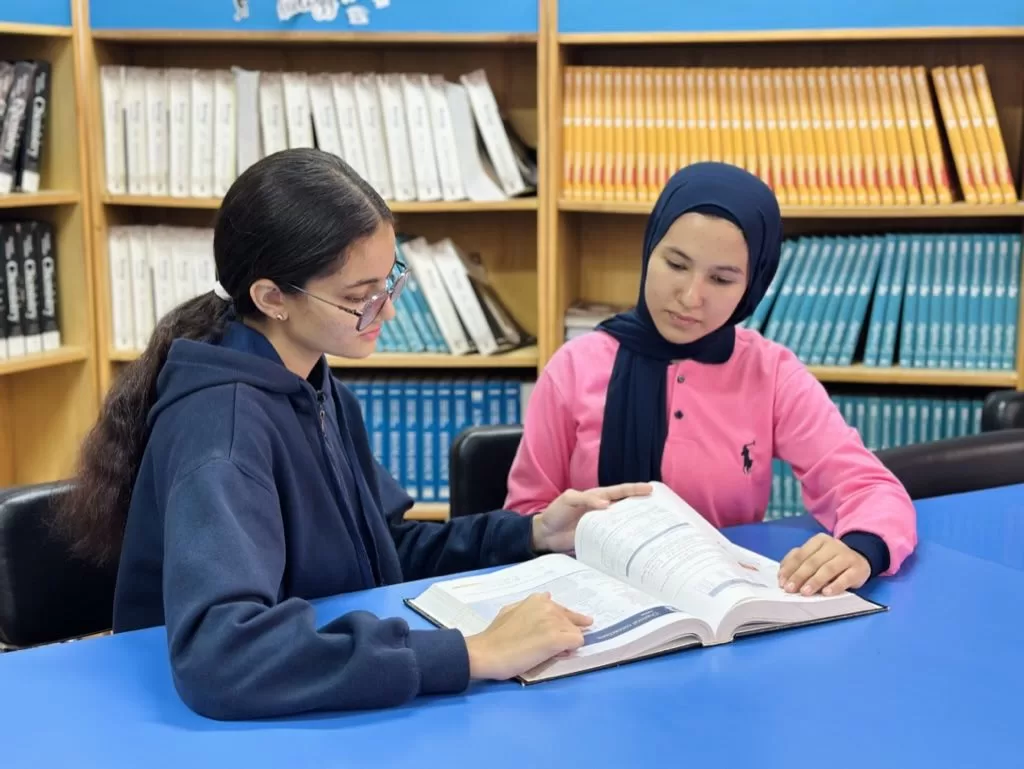
Impact of Zayed Sustainability Prize
The journey of these ambitious students took a transformative turn when they became finalists for the prestigious Zayed Sustainability Prize.
This accolade, not only validated their efforts, but also instilled a sense of hope and responsibility.
Inspired by Sheikh Zayed’s vision of sustainability and environmental stewardship, the students recognised their potential to drive meaningful change in their community.
The opportunity to contribute to the legacy of sustainable development reinforced their commitment to refining their hydrogel project, ultimately aiming to impact, not only their school, but also Egypt’s broader agricultural landscape.
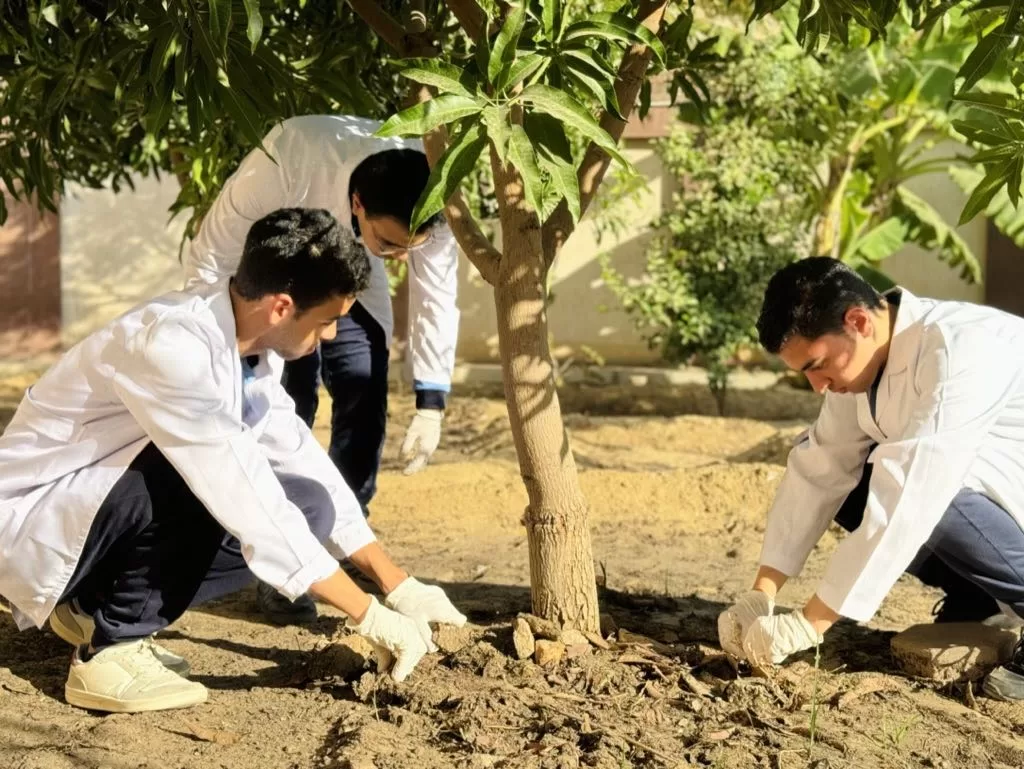
Bringing Hydrogel Technology to Life
The inception of the hydrogel project stemmed from first-hand observations of local farmers struggling with water scarcity and soil degradation. Traditional farming methods were proving unsustainable, leading the students to seek an innovative solution that would optimise water use while maintaining crop productivity.
Through collaboration with their teachers and research partners, they developed a unique hydrogel capable of absorbing and slowly releasing water, thus providing a reliable moisture source for plants during dry spells.
The hydrogel’s impressive swelling ratio of over 3200% allows it to retain significant amounts of water, reducing irrigation needs by up to 50%.
This biocompatible and cost-effective solution incorporates nutrients in a way that promotes soil fertility without harming the environment, making it an accessible alternative for smallholder farmers.
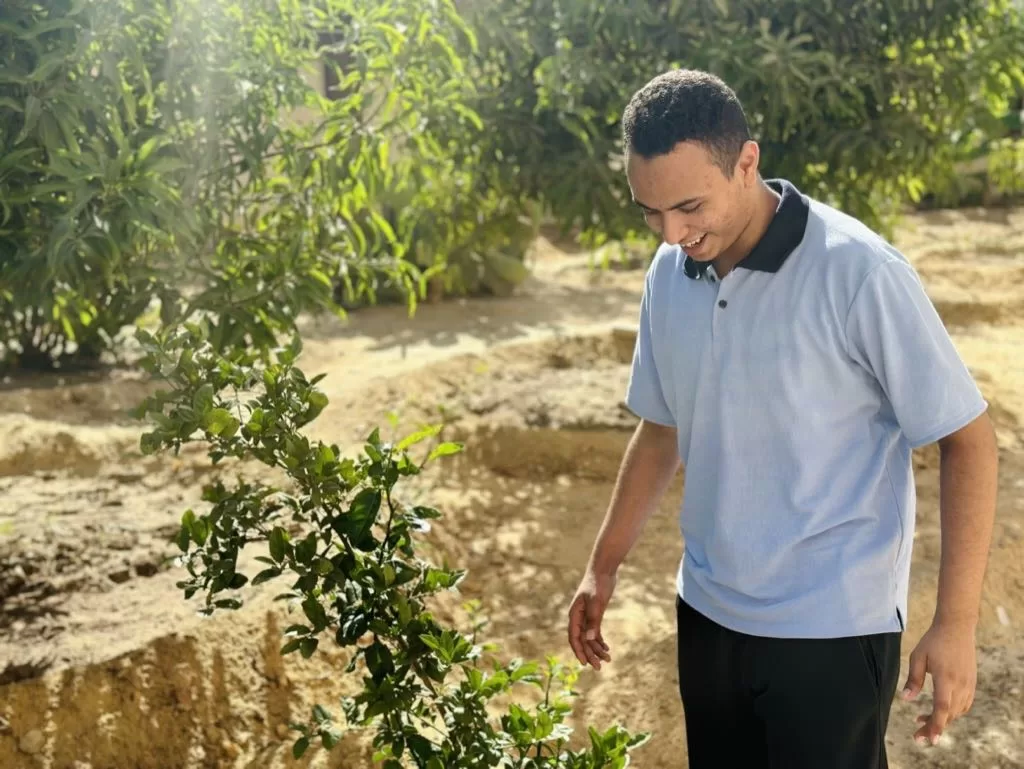
Overcoming challenges through innovation
Throughout the development process, the students faced numerous challenges, including optimising the hydrogel’s chemical composition and ensuring its biocompatibility.
Through rigorous experimentation and collaboration with experts, they successfully navigated these hurdles, transforming obstacles into opportunities for growth and learning.
This hands-on experience, not only honed their scientific skills, but also cultivated resilience and problem-solving abilities, qualities essential for future innovators.
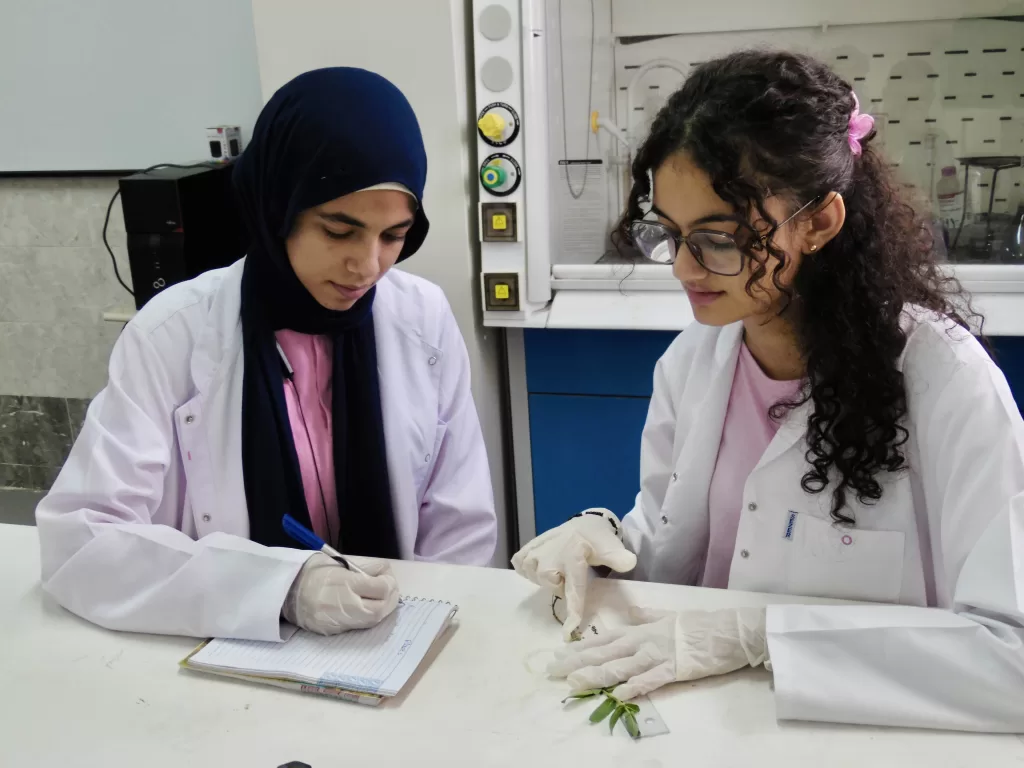
A vision for the future
The potential impact of the hydrogel technology on Egypt’s agricultural sector is immense.
By improving water efficiency and soil quality, this innovation can significantly enhance crop yields in regions plagued by water scarcity.
Moreover, the hydrogel technology is scalable and adaptable, making it relevant, not only in Egypt, but also in other countries facing similar environmental challenges.
As the students embark on the next phases of their project – large-scale field trials and partnerships with local farmers – they are committed to ensuring that their solution becomes a cornerstone of sustainable agriculture in their community and beyond.
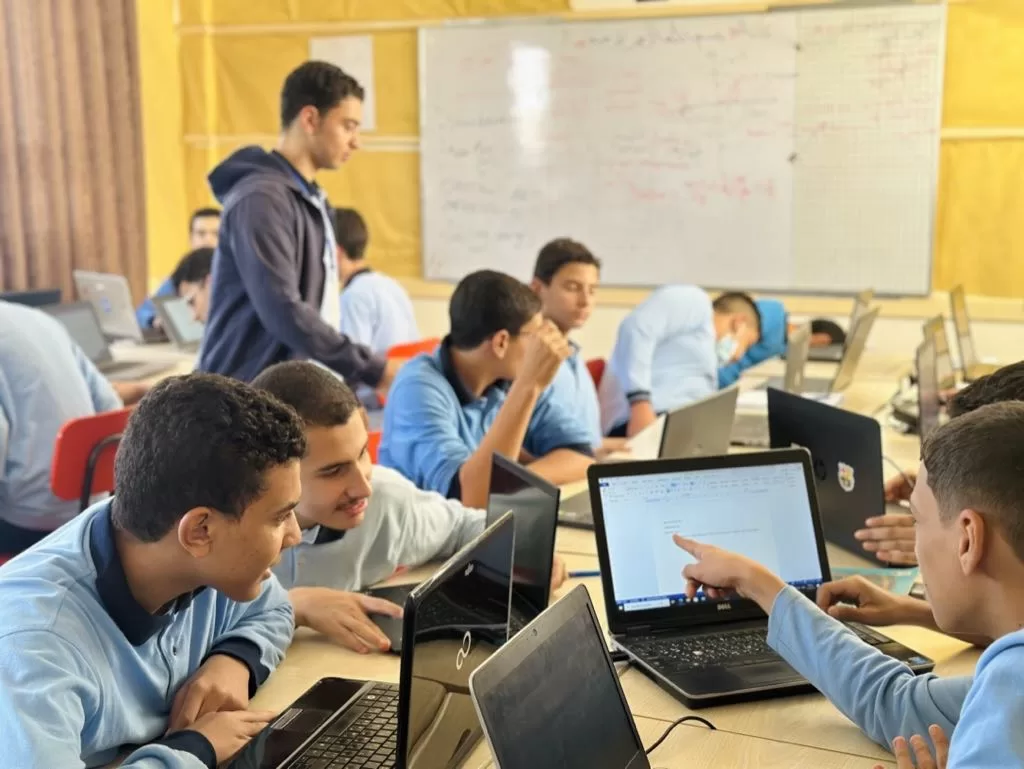
Shape tomorrow’s leaders
Obour STEM School exemplifies the vital role of education in fostering innovation and addressing global sustainability challenges.
By empowering students to engage with real-world issues, the school cultivates a generation of change-makers ready to lead the charge in environmental stewardship.
As young minds like those at Obour STEM School continue to push boundaries and seek sustainable solutions, the future looks promising for Egypt and the world.
Through projects like the hydrogel technology, these students are not just learning about science. They are also actively transforming their communities and ensuring a sustainable legacy for generations to come.




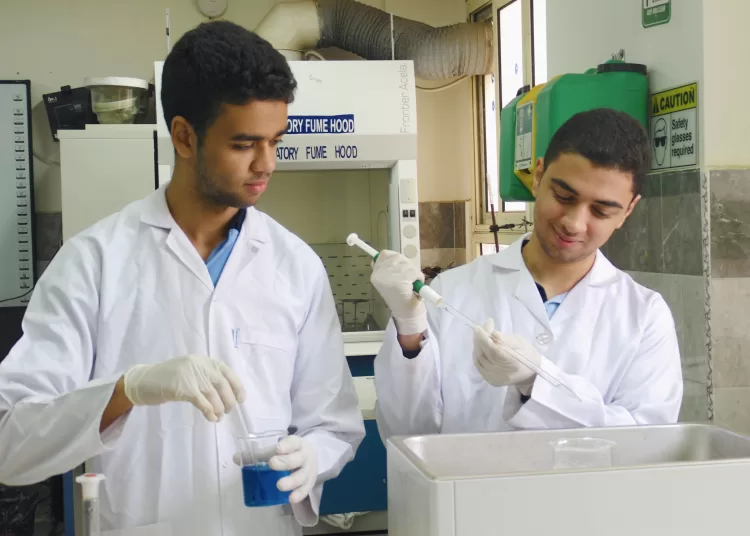


Discussion about this post